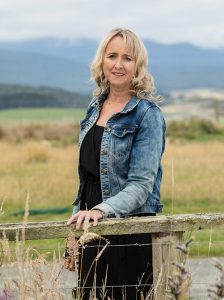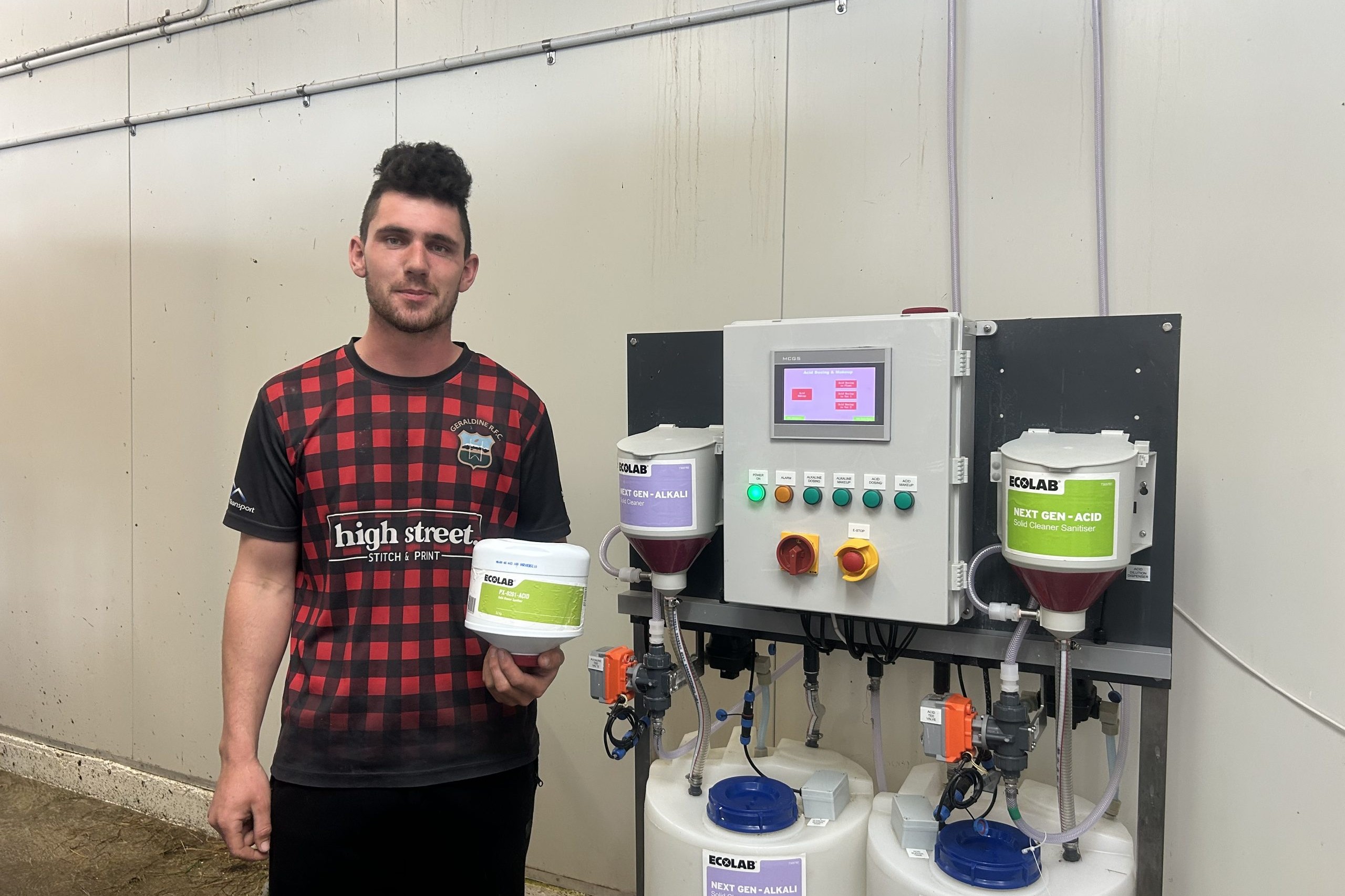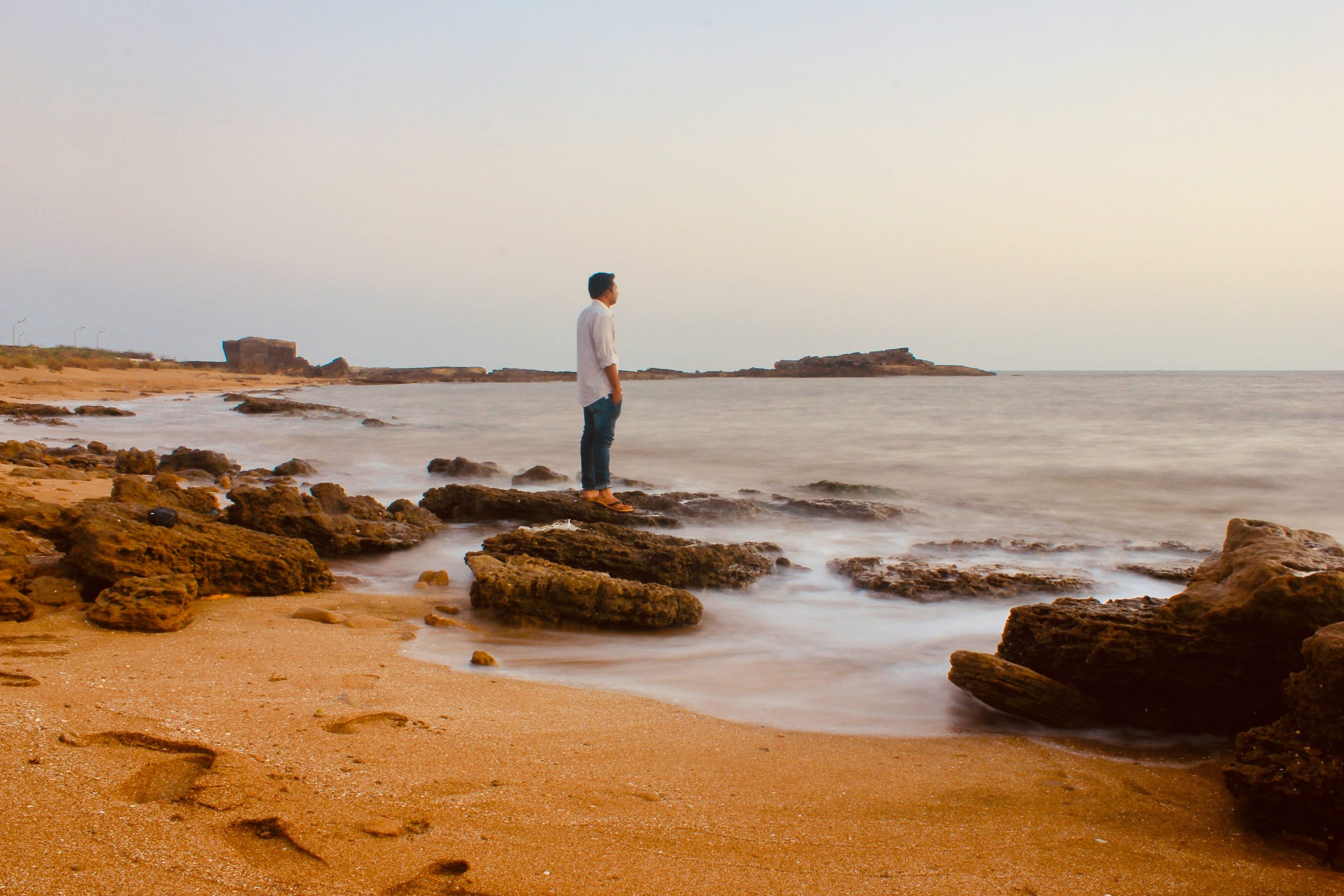Dealing with stress
Stress is a natural human emotion. Rural counsellor Kathryn Wright says while we can’t eliminate it from our lives, we can change how you think about it.

Stress. It’s one of those emotions and experiences that we just want to get rid of – yet the general consensus of messages we receive in society is telling us to do exactly that. I do want to acknowledge that there has certainly been a lot of stress being felt lately, particularly due to adverse weather events.

But let me make one thing very clear: as human beings, we possess a full range of emotions and we cannot make the ones we don’t like simply disappear. We must be willing to accept the difficult emotions along with the more positive ones – this is all part of the human experience and how we grow as people.
Understanding stress is to be aware that we need some stress to survive. It can help us increase motivation to do well at something, produce a healthy sense of competition, and to care about things enough to want to contribute your time and energy into something that has meaning for you. At the most primal level, it is what keeps us alive and prompts us to stay clear of danger. If you never felt stress, none of these things would matter to you, and you would cease to try.
Instead of engaging in the never-ending struggle to get rid of stress, it is more helpful to change how you think about it. Research shows that just changing your perspective of stress can reduce its negative effects. It is helpful to think of stress as an in-built mechanism to prepare you to meet challenges. Being able to rise up to meet a very difficult situation is something we all need at some point – and for people affected by the cyclone, there is no better time than now.
The human biological stress response releases stress hormones throughout your body. These stress hormones trigger an effect that tells us that we must reach out to people – being with other people and being able to talk about what you are experiencing is what will help your nervous system to feel safe and in turn will reduce the negative feelings of stress. This also has the added benefit of strengthening personal relationships and developing your own empathy with others.
Being with other people can ensure you have mutual support – a win-win if you are all experiencing the same challenges. Surrounding yourself with others who care about you and being able to say how you feel is the ideal scenario. If you struggle to talk about your emotions, you will also experience huge benefits just being with people. However, if you are one to suppress your emotions, the effect will not be nearly as valuable. If you are in a position to help someone else or can volunteer your time, this will also ensure that a need is being addressed, and is something you do have control over, even when you might feel despondent about your own situation.
Aside from this, if you are experiencing large amounts of stress that seem to be never-ending, it is so important that you find the time to honour and practise something you care about. These things are often the first thing to go when you are derailed by an adverse event. It’s also normal to tell yourself that you’ll get back to it when you feel less stress. I want to tell you that the time to restart whatever it is that gives your life value is now. It is making time for your sport, club, hobby, or whatever you place meaning on, that will eventually result in the reduction of stress.
Finally, I want to say that just as being kind to others is important, so is being kind to ourselves. It’s something that often doesn’t come naturally, but the way we talk to ourselves matters so much. What you are going through is a hard thing. There’s no manual for this. It would be normal to have times where you feel despondent, angry, hopeless or resentful. Allow these emotions to be there as part of being a human who is reacting in ways that are totally understandable.
The best thing you can do is acknowledge how you are feeling and reach out for connection with others who might be feeling the same.
- Kathryn Wright is a rural counsellor and a member of the New Zealand Association of Counsellors.




